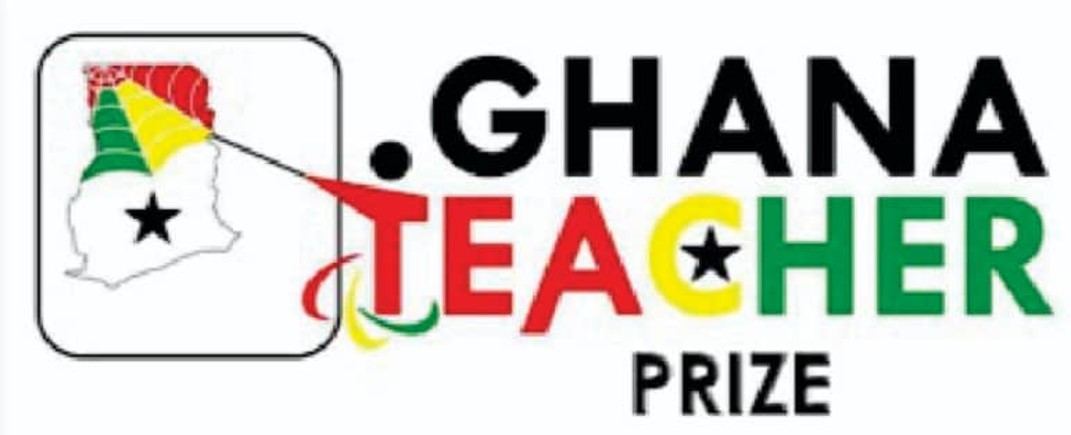
COLLEGE TUTOR CATEGORY: GHANA TEACHER PRIZE 2025.
SELECTION CRITERIA AND ELIGIBILITY FOR GHANA TEACHER PRIZE 2025 (BEST TEACHER EDUCATOR CATEGORY)
- Eligibility
The Ghana Teacher Prize is open to all professionally trained lecturers (lecturers with certificate in education), currently lecturing at a teacher education institution for at least five (5) years.
- Selection Criteria
Applications for GTP (Best Teacher Educator Category) will be judged based on a rigorous set of criteria to select a tutor who has made outstanding contributions to the profession. The final judging committee will look for evidence of:
1. recognition of a lecturer’s achievements in the classroom/ lecture theatre and beyond from students’/students’ appraisals, colleagues, principals, heads of departments, heads of partner schools (teaching practice schools) or members of the wider community. For example, local/national awards and certificates.
2. employing effective instructional practices including Differentiated Learning (DL) that are replicable and scalable. For example, through the innovative use of technology or non-typical instructional techniques that can be replicated in other classrooms/ lecture halls.
3. achieving demonstrable student learning outcomes in the classroom/lecture halls/course. For example, the improvement of students’ grades, students’ attendance/behavior in college, Supported Teaching in Schools (STS), community of practice; and students becoming achievers in the world of work.
4. ensuring students receive value-based education that promotes global citizenship (different religions, gender, cultural diversity, and nationalities, linking up with teacher education institutions/schools in other parts of the community/country/international, promoting exchange programmes, excursions, etc).
5. achievements in the community beyond the lecture hall that provide unique and distinguished models of excellence for the teaching profession and others.
For example, recognition through the media (contributing to debates or talk shows), partner schools, community/religious activities, roles, awards, talks (speech days, open days, durbars, etc.), seminars and membership of local organisations. How do you bring the community into your lecturing?
6. contribution to teaching and the teaching profession: Public debates, research activities, publication of articles, blogging, media participation, social media campaigns, events, seminars or conferences.
7. professional competence: This category of assessment includes academic/professional qualifications (i.e., M.Ed.; preferably M.Phil., PhD and beyond in the relevant subject area/course with at least a professional teaching certificate (Diploma in Education or Post Graduate Diploma in Education – PGDE), participation in workshops and seminars, provision of in-service training and evidence of quality delivery of service (e.g. attendance at Professional Development Sessions (PDS), certificates of participation, invitation letters, etc.).
8. knowledge: This includes knowledge about educational policies and reforms, curricula, National Teachers’ Standards (NTS), demonstration of subject knowledge/mastery, etc.
9. personal factors: This includes the social, moral, emotional, positive manifestations and role modeling (e.g. staff, students and community can attest to the tutor’s personal life as positive).
1o. innovations and creativity – This includes the use of technology and coping with work in an extremely challenging era. The tutor sets realistic expectations and demonstrates problem-solving abilities.
11. teaching portfolio – for example, letters of recommendation, CPD certificates, invitation letters for in-service training, verifiable students’ appraisals, promotion letters, products/artefacts/ inventions, etc.
- Nomination
Based on the above criteria, the nomination of lecturers can be done by:
- Self
- Staff
- Community (students, alumni, traditional/religious leaders)
- Union (e.g. Local/National level)
